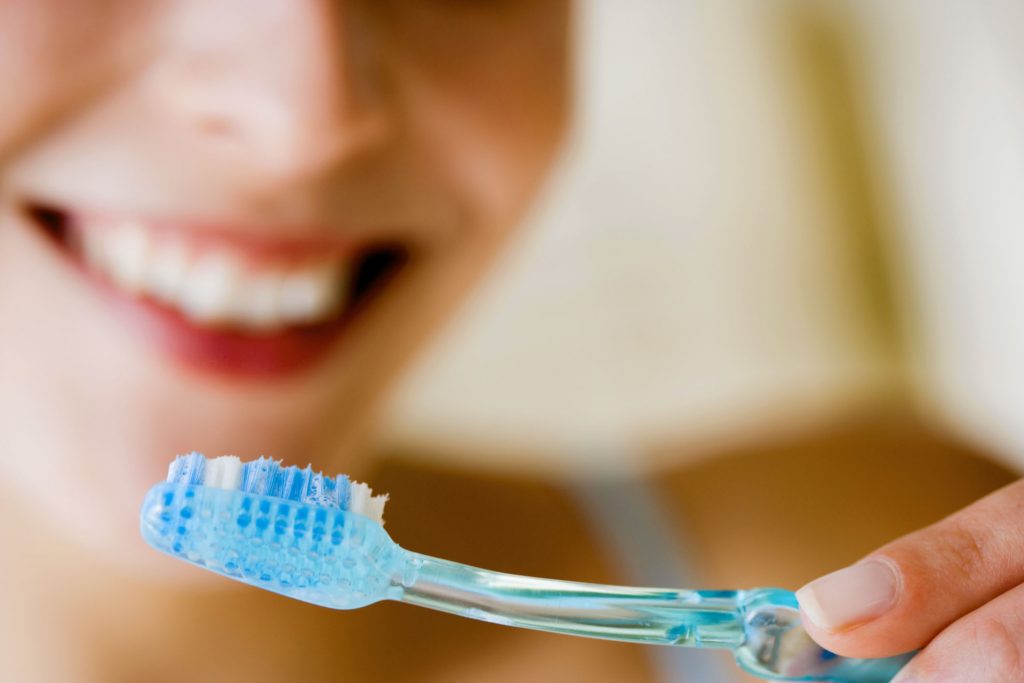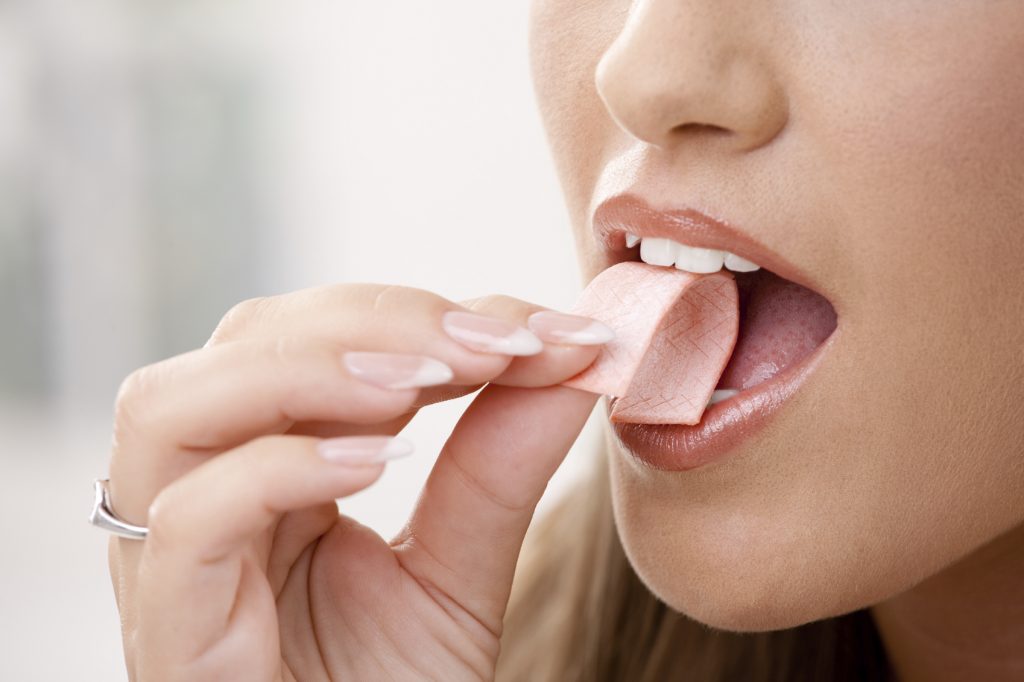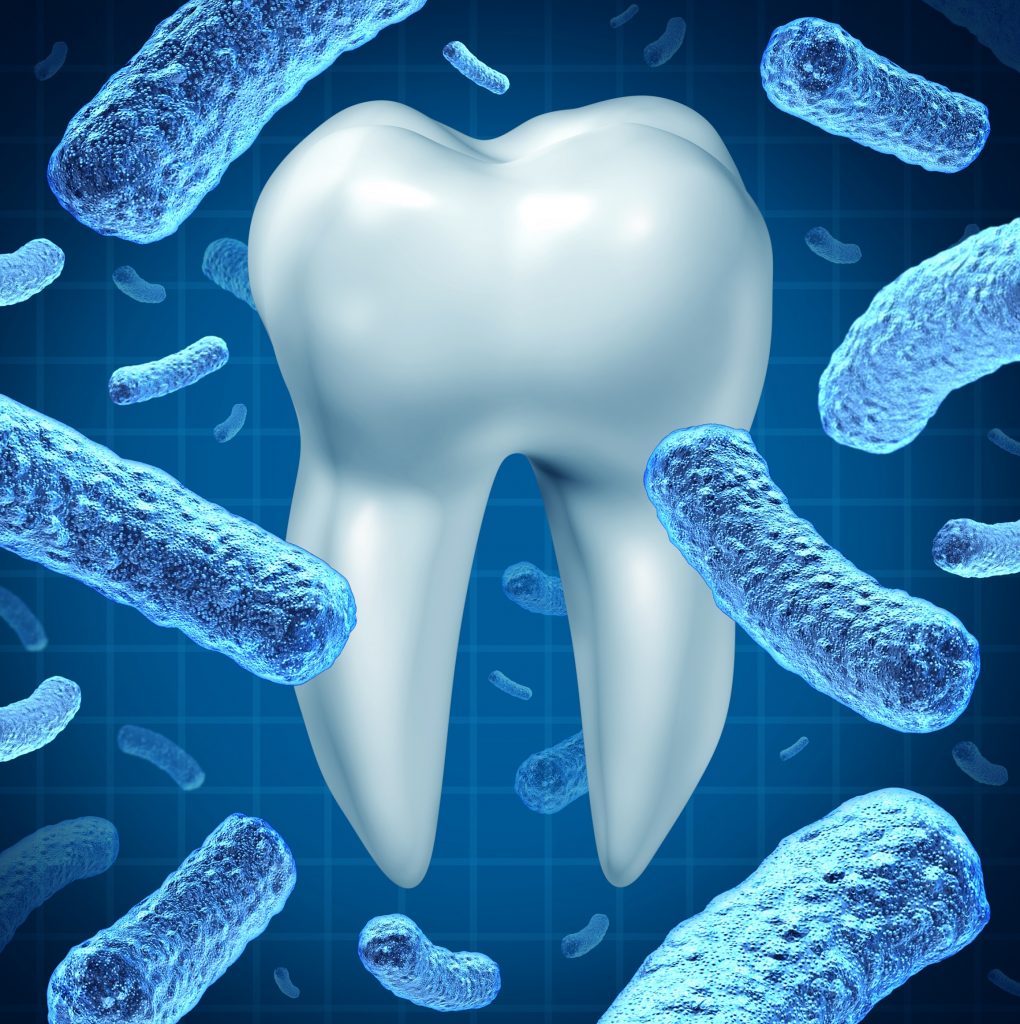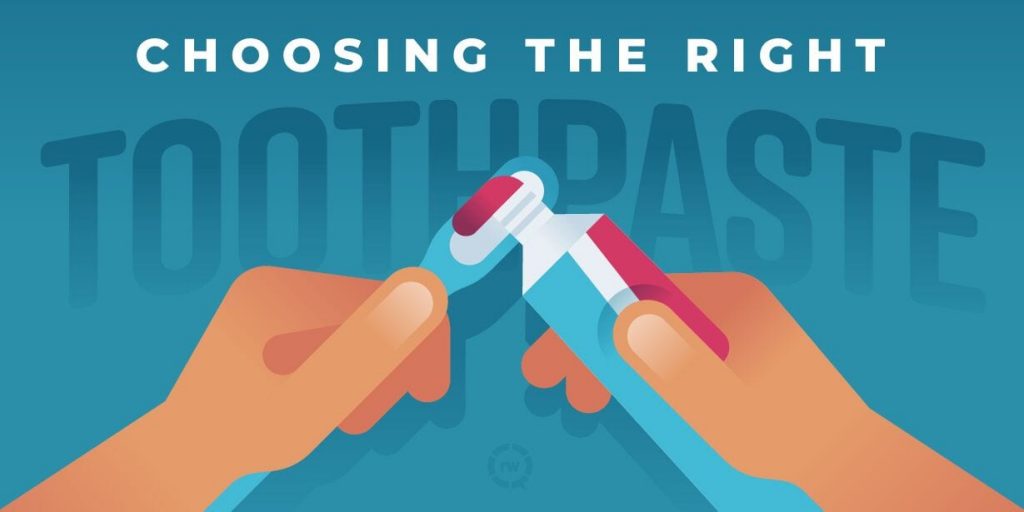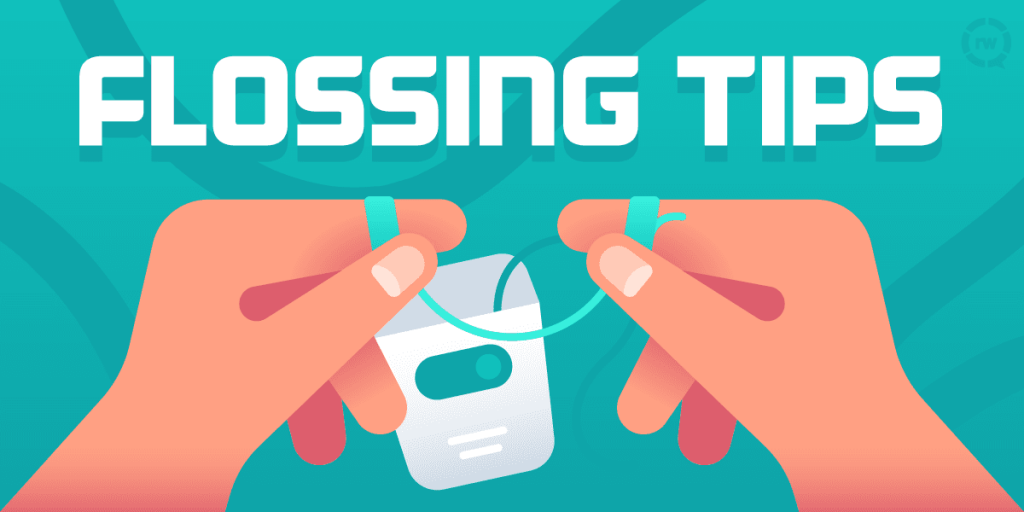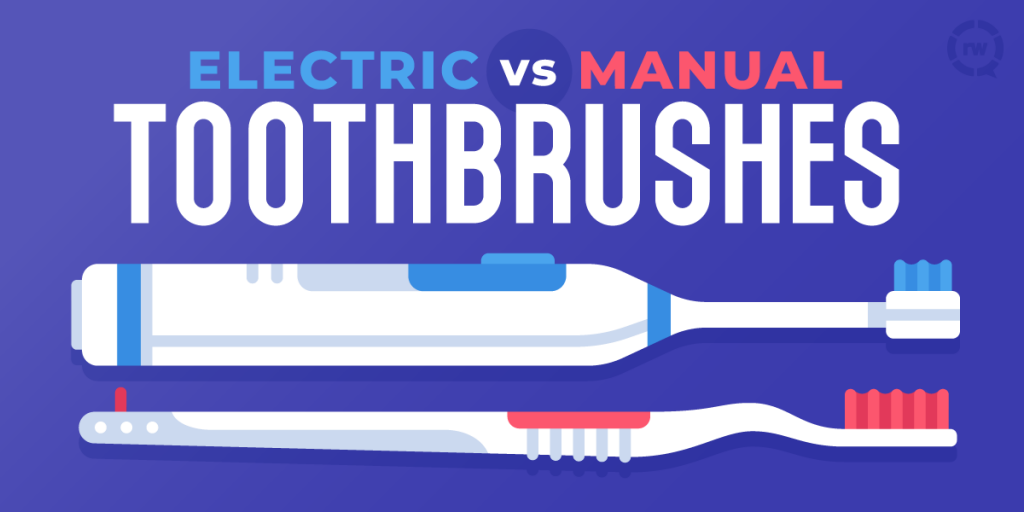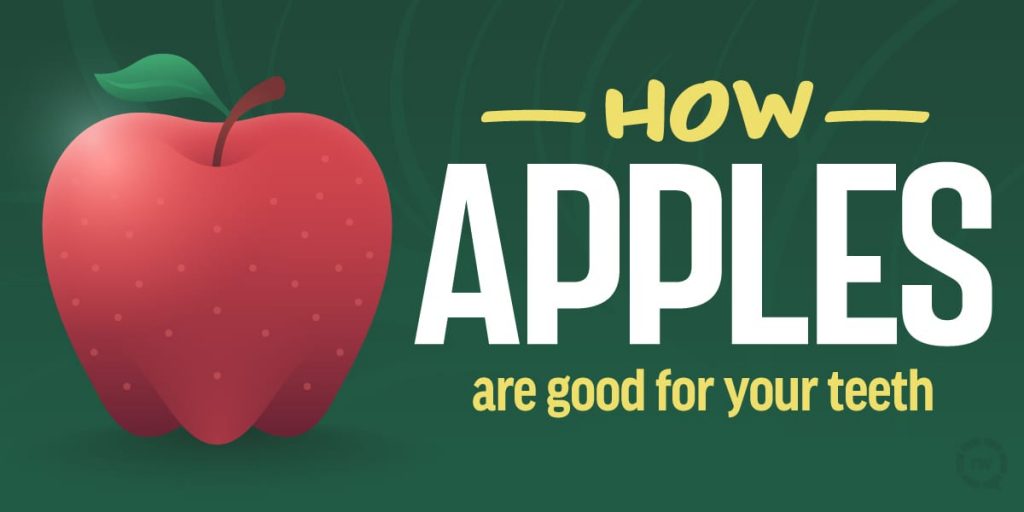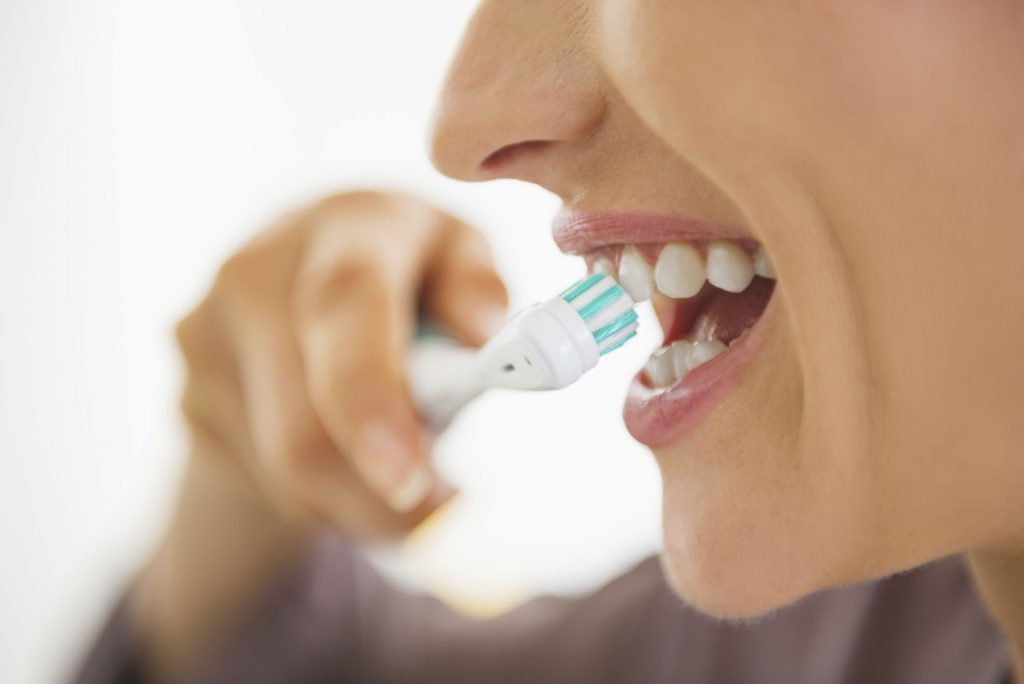
Mouth open or mouth closed?
After lunch or after dinner?
Flat or at an angle?
We brush our teeth every day (hopefully!), but who knew it was this complicated. Just grab a brush a get to work, right?
Not so fast, my friend! There are actually some best practices to be mindful of when brushing those pearly whites.
The trick is cutting through the fat and finding out exactly what works. We live in a world of alternate facts, truthiness, and lists of “7 Ways to Keep Your Teeth Clean Without Picking Up a Toothbrush.” What’s even correct these days?!
Fear not, because we’ve got you covered with this handy FAQ (frequently asked questions) guide. We’ll keep it simple with some easy dos and don’ts of brushing. Let’s get to it!
Don’t: Keep your brush flat
Do: Use a 45-degree angle when brushing
Don’t: Use looooooooong strokes. No need to cover your whole mouth in one stroke!
Do: Use short, side to side strokes
Don’t: Brush with the force of a giant. This isn’t a strongman contest!
Do: Gently cover all areas. A gentle touch helps prevent wear and tear on your enamel
Don’t: Go one and done
Do: Brush at least twice a day, especially after eating or drinking something acidic (like citrus or soda)
Don’t: Be sentimental and use the same toothbrush for life
Do: Change your toothbrush every 3-4 months. A trick to remember – switch out on the first day of each season
Don’t: Be average – the average person brushes their teeth for 45 seconds
Do: Brush for a full 2 minutes. A helpful trick: say the alphabet while brushing a certain section, move to the next section after you hit Z.
Don’t: Keep your toothbrush in a closed container
Do: All your toothbrush to air dry
Don’t: Store your toothbrush on the sink counter where bathroom particles can get on it
Do: Store your toothbrush in the medicine cabinet
Don’t: Wield a tough-bristled brush
Do: Use a soft-bristled toothbrush, which is much better for your tooth enamel
And there we have it! Some easy practices to keep that perfect smile. Remember: Brushing is only 4 minutes out of the day, so why not make it the best 4 minutes of the day!
If you would like to find out more about proper brushing habits, contact Dr. Ahmadi at 323-312-0500 to schedule a consultation or visit www.dentalimplantcare.com for additional information.
Dr. Mike Ahmadi proudly serves Bell and all surrounding areas.

